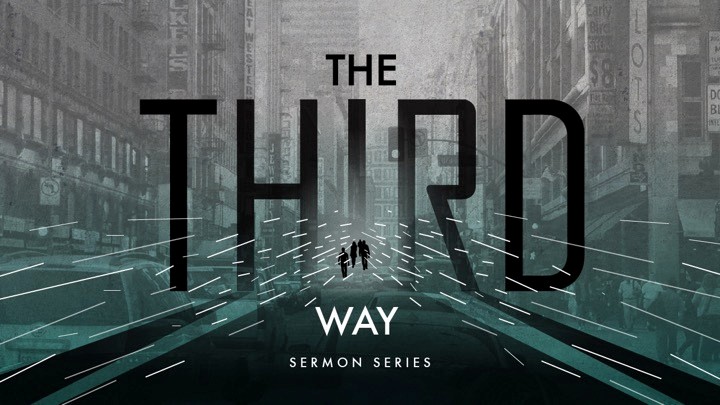
Neither Moralism nor Relativism
Although this parable is often called the “parable of the prodigal son,” that is a misnomer. It is not just about the younger son. It is about two sons—the younger and the elder—and the prodigal (which means extravagant) love of the father. The two sons represent two ways to approach spirituality: a self-discovery/relativistic approach and a moralistic approach. In this story, Jesus is telling us that there are two ways to be lost.
The younger son represents the relativistic/self-discovery approach: You have to follow your heart, not rules. That’s what he did, but he ended up destroyed by his pursuit. Yet, when he came to his senses and returned home, the father ran to him, kissed him, put his best robe on him, put rings on his fingers, and threw a huge feast. It is a story of the prodigal love of God. The elder son represents the moralistic approach: If you obey God’s laws and do what is right, then, you will receive acceptance and blessing. That’s how the elder son lived, but this approach made him angry, judgmental, and unforgiving. His life was mechanical and joyless. Yet, the father came and pleaded with him to come to the party. The prodigal father calls us, the sons, with his extravagant love.
